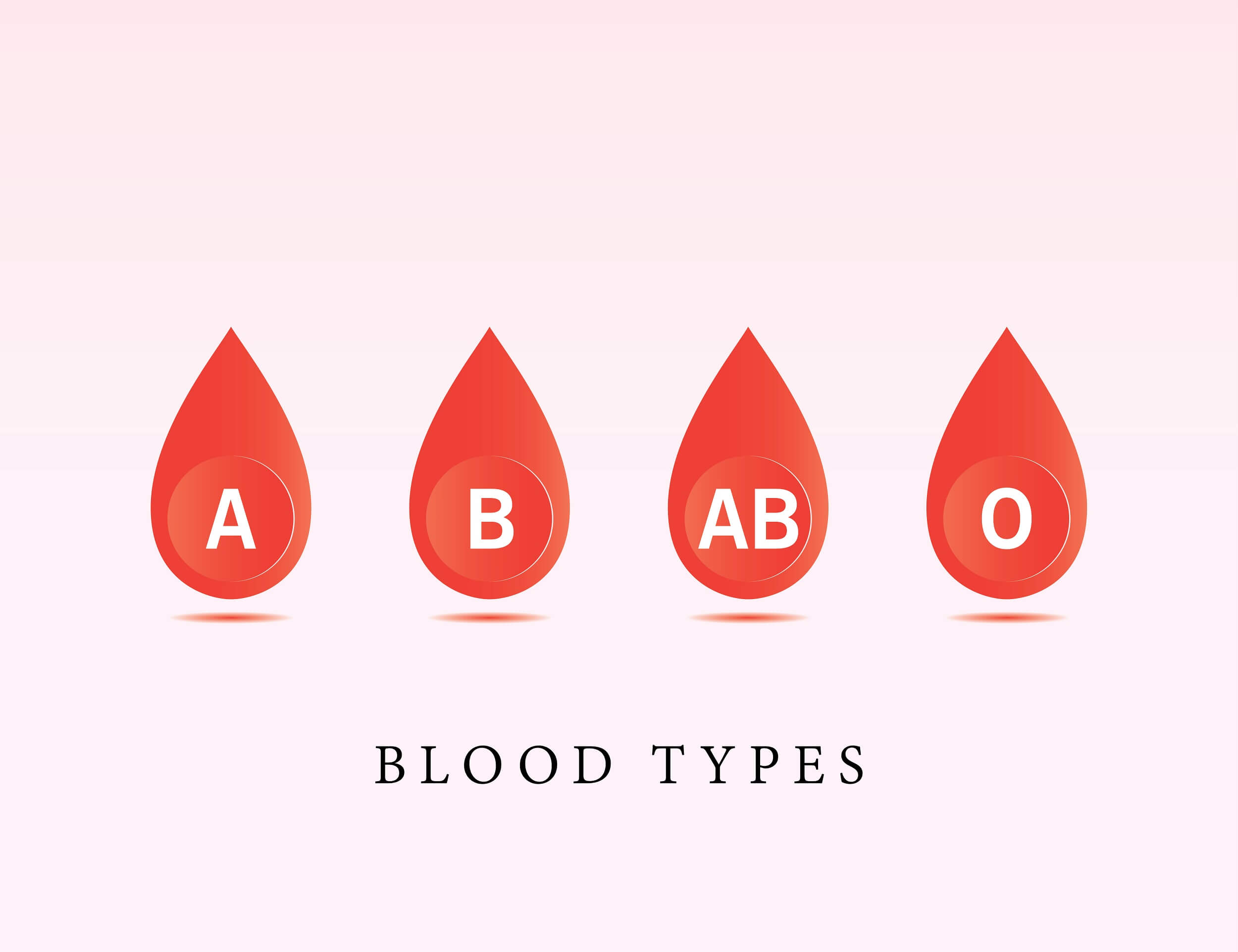- Empty cart.
- Continue Shopping
The Importance of Knowing Blood Type for Medical Procedures

Blood type is a critical piece of information that can have significant implications for various medical procedures, from transfusions to organ transplants. Knowing your blood type can be a lifesaver in emergency situations and can also help in planning for medical treatments that may require blood products.
Blood Transfusions: Compatibility Matters
The Basics of Blood Types
Human blood is categorized into four main types: A, B, AB, and O, each of which can be either Rh-positive or Rh-negative. These classifications are determined by the presence or absence of specific antigens on the surface of red blood cells.
Why Compatibility is Crucial
When it comes to blood transfusions, compatibility between the donor’s and the recipient’s blood types is essential. Receiving the wrong type of blood can lead to a severe immune response, causing complications that can be fatal. For example, if someone with type A blood receives type B blood, their immune system will treat the B antigens as foreign invaders, leading to a dangerous reaction.
Organ Transplants: Beyond Just Blood
While blood type is crucial for blood transfusions, it’s also an important factor in organ transplants. Organs like the kidney and liver have blood vessels that must be compatible with the recipient’s blood type to ensure a successful transplant. Mismatched blood types can lead to organ rejection, a serious and often life-threatening complication.
Pregnancy and Rh Factor
The Rh factor, which determines whether your blood type is positive or negative, plays a significant role during pregnancy. If an Rh-negative mother is carrying an Rh-positive baby, there’s a risk of Rh incompatibility. This can lead to hemolytic disease in the newborn, a condition where the mother’s antibodies attack the baby’s red blood cells. Knowing the Rh factor in advance allows for preventive measures, such as administering Rh immunoglobulin to the mother, reducing risks to the baby.
Emergency Situations: Time is of the Essence
In emergency scenarios where immediate blood transfusion is required, knowing your blood type can save crucial time. While type O-negative blood is considered the universal donor and can be given to patients of any blood type, supplies are often limited. Having a quick and accurate knowledge of the patient’s blood type enables healthcare providers to make timely and safer choices.
Knowing your blood type is not just a piece of trivial information; it’s a critical factor that can influence the success of various medical procedures, from blood transfusions to organ transplants. It’s particularly vital in emergency situations, where quick decisions can be the difference between life and death. If you don’t already know your blood type, consider getting it tested—it’s a simple procedure that could have significant implications for your future health.








